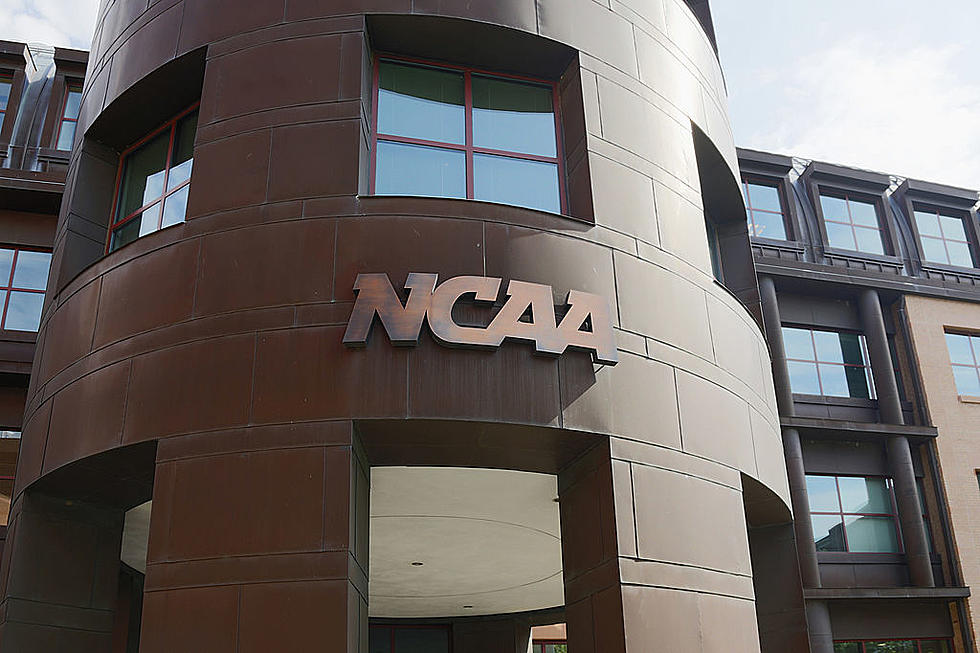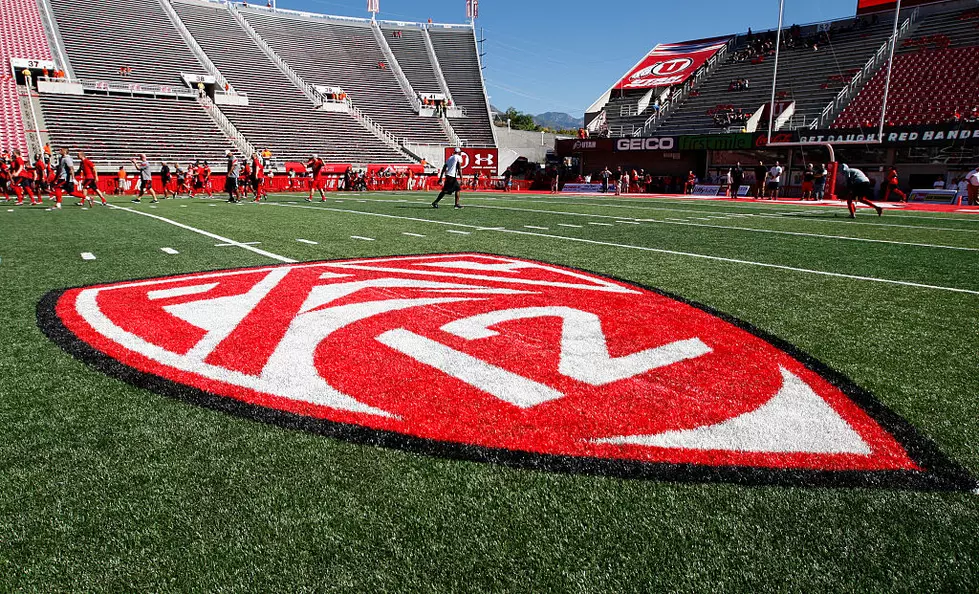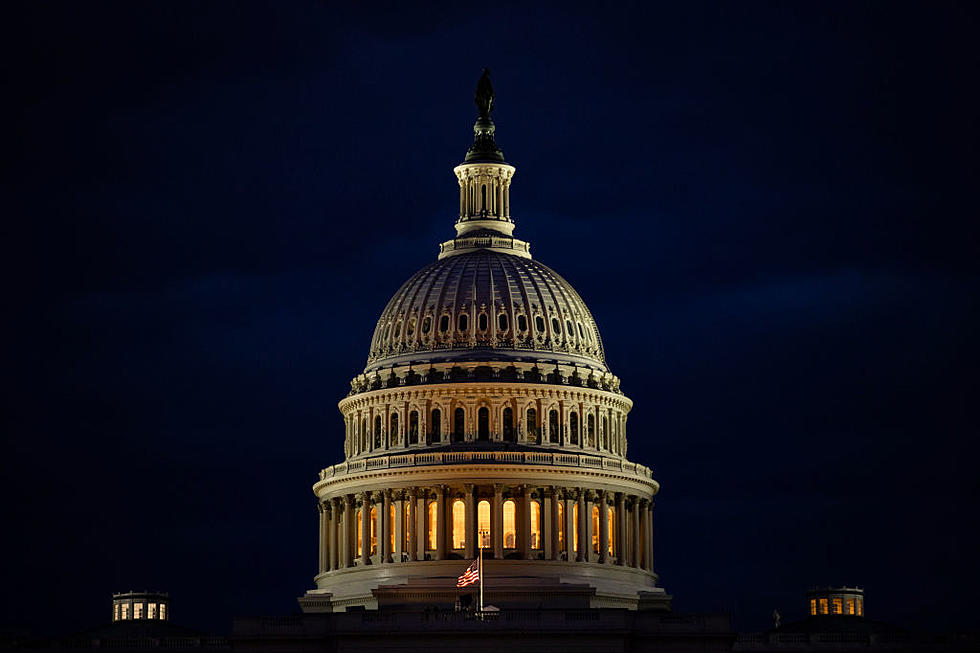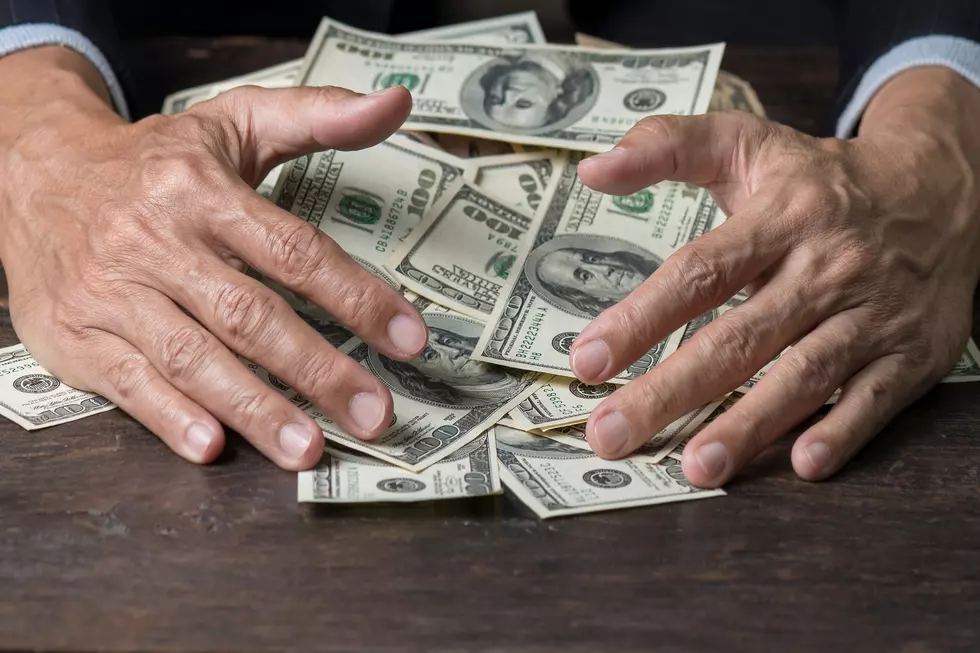
Trial Puts Spotlight on Dark Side of College Basketball
NEW YORK (AP) — An Adidas executive and two other men hatched a scheme to exploit blue-chip college hoops recruits for profit by showering their families with secret cash payments from the athletic gear giant, a prosecutor said Tuesday at criminal trial expected to detail the dark side of big money in college sports.
In opening statements in federal court in Manhattan, Assistant U.S. Attorney Eli Mark outlined an alleged conspiracy to make payments in violation of NCAA rules of up to $100,000 to secure commitments by the recruits to attend Adidas-sponsored programs and hire one of the men their agent if they made the NBA.
The prosecutor described how one $20,000 installment was stuffed in an envelope and handed to the father of a highly sought-after high school player from Michigan, Brian Bowen Jr., at a meeting last year in a parking lot in New Jersey.
The payment resulted in Bowen picking Louisville, but he never played a game for the school. When the payment was uncovered, Louisville pulled his scholarship and fired its legendary coach, Rick Pitino.
"This is what corruption in college basketball looks like," Mark told the jury.
In her opening, defense attorney Casey Donnelly conceded NCAA rules were broken. But she argued it was mostly because the schools were so "desperate" land recruits that would keep massive revenues from their basketball programs flowing.
Former sports business manager Christian Dawkins, former amateur league coach Merl Code and former Adidas executive James Gatto have pleaded not guilty to conspiracy and wire fraud charges.
The jury is expected to hear testimony that payments also were made to the families of recruits at North Carolina State, Kansas and other big-time programs.
More From 1460 ESPN









